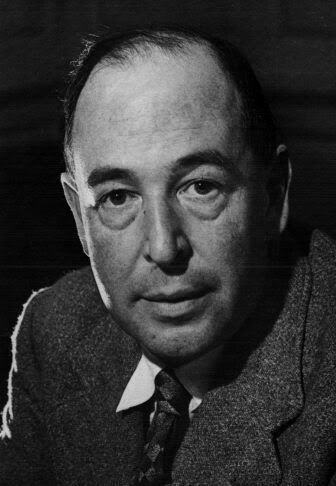
Paper or plastic? Smoking or non-smoking?
Standing or kneeling?
This has become an option during the Eucharistic prayer. Different people have different pieties, different ways of connecting with God.
The Prayer Book says after the Sanctus (the Holy, Holy, Holy) ...
The People may stand or kneel. (Except in Rite I it says "The people may kneel or stand." and in Eucharistic Prayer C, it doesn't say anything at all ... it assumes everyone will stand through the whole prayer. You can tell what the Prayer Book prefers you to do when there is a choice, by which option is listed first.)
Why Stand?Generally, the committee that prepared the Book of Common Prayer would prefer the people stand during the Eucharistic Prayer. It is the position Jesus would have used to pray, it is the position used by the first Christians for prayer, and it was the position specified by the Council of Nicaea. It reminds us that in his death and resurrection, Christ has made us worthy to stand before him. (The prayer in Eucharistic Prayer B even says that ...)
Standing is a position of piety for many people who have grown up with the 1979 Prayer Book. It is more comfortable for some people than kneeling. It strengthens their faith and helps them to feel the celebratory spirit of the Eucharist, to feel thankful for their redemption in Christ.
Why Kneel?Kneeling for the eucharistic prayer is something that began in the Middle Ages. This was a period when the people did not generally receive the sacrament at all. Only the priests were thought to be holy enough to actually consume the bread and wine. So the people kneeled to show their respect for the priest as he offered the mass and received communion.
Kneeling has been a position of piety for many people long after the Middle Ages passed. It reminds them of their humility before God. It focuses their attention on the prayer and the sacrament. It enhances their devotion.
Now What? Some are standing and some are kneeling!This is fine. People should be able to express their piety in the eucharistic prayer by standing OR kneeling, as each person prefers.
But this raises a question of etiquette. If you are standing to pray because that enhances your prayer, you may be standing in front of someone who is kneeling, because that enhances his or her prayer. If you are standing in front of someone who is kneeling, what do they see as they gaze toward the altar?
Your backside.
So that everyone's prayer life can be enhanced, if you are a "stander," it would help the "kneelers" if you could sit on the outer edges of the sanctuary, near the windows. That way, as people look up and toward the altar in the center, they will have an unobstructed view. If you are a "kneeler" and a "stander" gets in front of you, please be patient ... try to move to one side or the other if you can. Also, the forward pews and chairs will provide a better line of sight.
Let us be patient with one another, brothers and sisters!
+ Kit
 Episcopal Cafe has posted an online Advent Calendar that will help celebrate and support the Bokamoso Youth Program in South Africa. The project was once funded by the Anglican Church in South Africa, but economic strains in that country have ended that stream of support. Donations raised through the calendar will help pay for students to attend community college or technical school in South Africa.
Episcopal Cafe has posted an online Advent Calendar that will help celebrate and support the Bokamoso Youth Program in South Africa. The project was once funded by the Anglican Church in South Africa, but economic strains in that country have ended that stream of support. Donations raised through the calendar will help pay for students to attend community college or technical school in South Africa.







